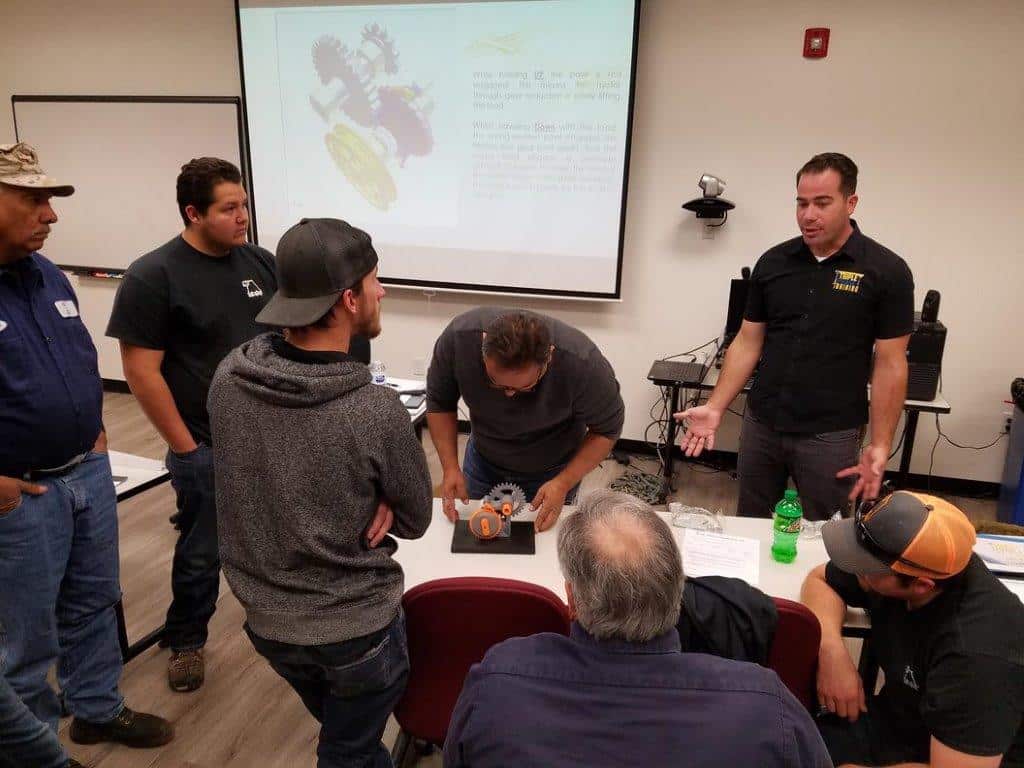When you think about the work that goes into new construction, you may picture concrete contractors laying a foundation, framers putting up studs, or electricians wiring the building. One of the most frequently overlooked but also most sought after construction occupations is that of the crane operator.
As the job title suggests, a crane operator lifts and moves materials on industrial, commercial, and building sites. This job requires excellent depth perception, communication abilities, and understanding of specialized equipment.
In this blog, we discuss six characteristics of crane operation and qualified crane operator training that people who wish to join this employment sector should know.
1. Crane Operation Is a Rapidly Growing Field
Crane operators are essential to many different job sites. Due to the growing complexity of modern construction and the increasing height of many contemporary buildings, these professionals are in high demand.
The United States Bureau of Labor Statistics estimates that the field will expand by about 8% from the year 2014 to the year 2024. This growth rate is high for skilled labor fields and above average for any occupation.
This growth rate means that many new crane operators can complete their training and expect to find reliable employment in the coming years.
2. Most States Require a License
While the formal education requirements of a crane operator are limited, as we’ll discuss in the next section, you will probably need a license before getting into a crane booth. Most states and even some cities require certification or a license to operate heavy machinery, particularly cranes.
It’s wise to undergo a training course if you think that you would like to enter this industry. Many crane operators learn their trade on the job through apprenticeships, but there can be high levels of competition to secure apprenticeships.
3. No Higher Education Is Required
Aside from your training and certification, no higher education is required to become a qualified crane operator. This low education requirement means that many crane operators get on the job and start earning steady paychecks faster than some other skilled laborers.
You may be asked to provide proof that you obtained a high school diploma or an equivalent degree during your certification process. High school education curriculum provides the science and math knowledge base that’s essential for success as a crane operator.
4. Training Is Predominantly Hands-On
Training courses and apprenticeships run by state or federal organizations may include some time spent in classrooms. However, most of the training required to learn how to operate a crane is taught in a hands-on way.
For example, a qualified operator training course may take up several days. Typically, at least one day is spent learning the theoretical and practical knowledge necessary to understand the physics behind crane operation. The remaining time would be spend with a crane or simulator.
Similarly, many apprenticeship programs include ongoing classroom education about the nuances of crane safety, capacity, and precision alongside employment as an apprentice. Apprenticeships are not like internships. During these programs, you may earn a paycheck that’s comparable to what you’ll earn once you complete your certification.
5. You Have Multiple Career Options
Because cranes are used in so many different settings, you have the option to become an operator in the sector that interests you the most. You may decide to focus your training on a specific type of crane or on a specific type of operation.
For example, while most cranes are fundamentally the same, you may need to develop different skills and earn different certification for a tower crane versus a mobile crane. The type or types of crane you decide to work with can also help you narrow down your career field.
If you focus on tower crane operation, you’re more likely to be needed in rail yards, on docks, and in manufacturing facilities. If you choose to focus on mobile crane operation, your services may be required on construction sites, both on land and offshore.
6. You May Have a Variety of Work-Related Opportunities
While your job as a qualified operator will essentially consist of the same services on each job site, employment as an operator can offer you a variety of opportunities. You may work flexible hours as an operator, depending on the needs of the project. Operators rarely have to commit to rigid Monday through Friday, nine-to-five schedules for long periods of time.
Local American Equipment Crane Training
American Equipment Inc. provides crane operator training through our local offices throughout the country. We have even traveled as far as Dubai to provide crane training to our customers. We teach training for mobile crane and overhead crane operation, as well as overhead bridge crane repair and inspection. Learn more.


